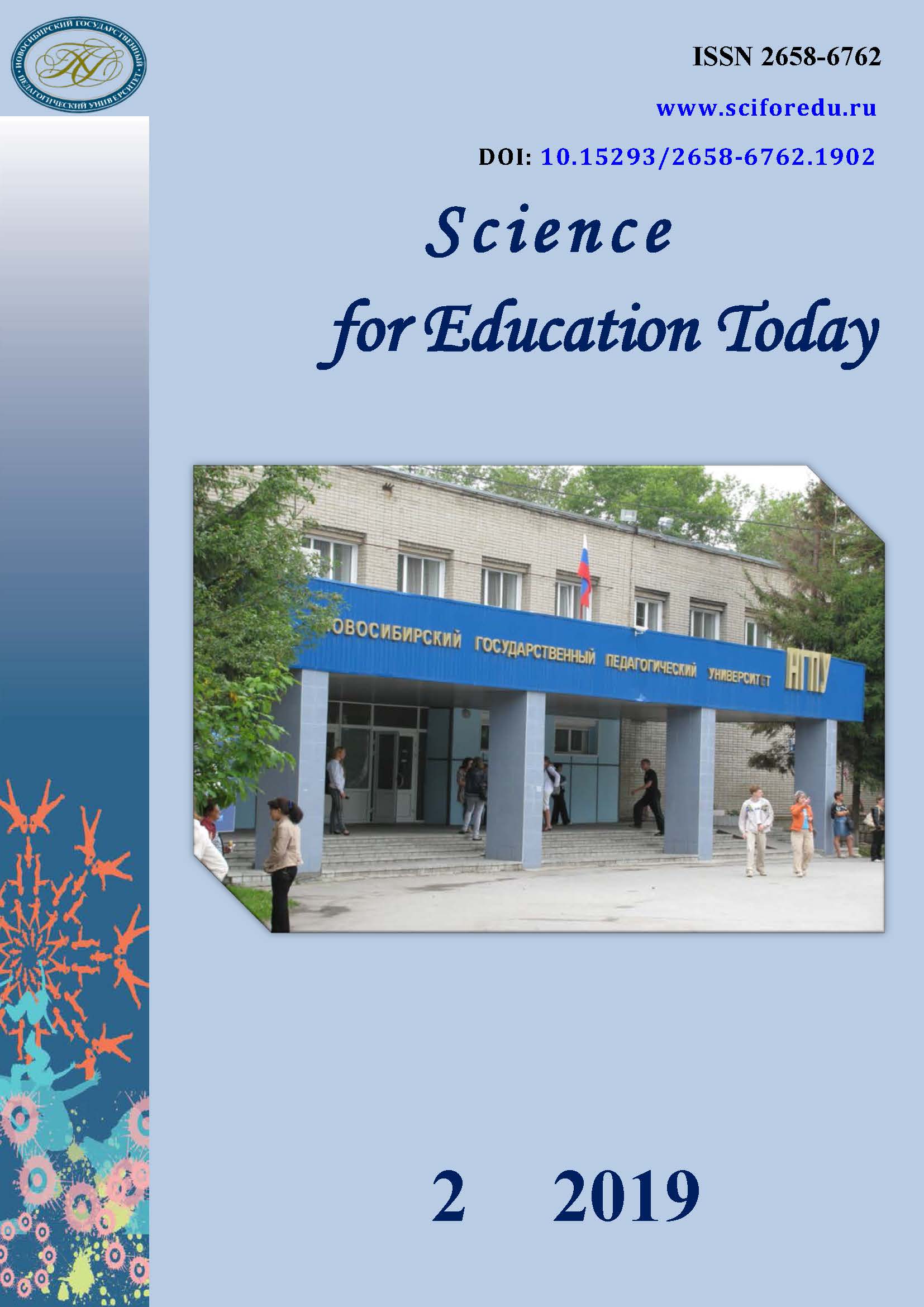Основные факторы формирования учебной автономии в современном иноязычном образовании (на примере Казахстана)
Basic factors of developing learner autonomy in foreign language education (with the main focus on Kazakhstan)
Author(s): Bakytzhan Zhakanovna Zhankina, Ekaterina Alekseevna Kostina, Bakhytgul Asylbekovna Zhetpisbayeva, Sergali Tuleubekovich KarginSubject(s): School education, Higher Education , Sociology of Education
Published by: Новосибирский государственный педагогический университет
Keywords: Higher education system; Form of education; Learner autonomy; Personal-orientated method; Interaction; Training strategies; Information and communication technologies; Web 2.0 service resources
Summary/Abstract: Introduction. The modernization of the education system in Kazakhstan, the continuity of education and the personality-oriented approach, determining the development of modern higher education system, have actualized the problem of training specialists capable of learner autonomy and having the skills required for independent work. The purpose of the research is to reveal the basic factors of developing learner autonomy in the modern foreign language education. Materials and Methods. This study employed a quantitative research method. In order to identify the initial state of learner autonomy a special questionnaire was developed. It included questions of open and closed types. The voluntary and anonymous survey was conducted among part-time undergraduate students. The main goal of the survey was to identify the following: whether students possess qualities and skills required for independent work; factors hindering autonomous learning; characteristics of student-teacher interaction in terms of autonomy and digitalization of the educational process; and effectiveness of using modern Web 2.0 technologies in graduate studies. Results. The authors have identified skills and abilities characteristic for academic autonomy. The findings show the low level of learner autonomy among part-time undergraduate students. The study have identified the following factors hindering the development of learner autonomy: teacher-centered approach, insufficiently effective use of information and communication technologies, and weak student-teacher interaction. The authors have summarized organizational and teaching measures fostering the development of learner autonomy. They include compulsory online courses; high-quality methodological support and guidance of the course; and encouraging students to use information and communication technologies as a ‘producer’. Conclusions. The following factors of learner autonomy are summarized in modern foreign language education: student-centered learning; innovative methods of teaching and assessment; opportunities for interaction, creative activities, personal development and taking responsibility.
Journal: Science for Education Today
- Issue Year: 9/2019
- Issue No: 2
- Page Range: 126-139
- Page Count: 14
- Language: English, Russian

